双语阅读|优衣库:扎根亚洲 立足基本款

WHEN ASKED what guides his vision of UNIQLO, Tadashi Yanai, its founder and chief executive, pulls off the shelf the 1987 autumn/winter collection catalogue of Next, a mass-market British retailer. All of the clothes are so classic, he says, that they could be worn today. While Inditex of Spain, which owns Zara, and Hennes & Mauritz of Sweden, the world’s two largest clothing retailers, slavishly follow fashion trends, UNIQLO, the main brand of the third-largest, Fast Retailing, of Japan, sticks to timeless basics.
在问到优衣库创始人兼CEO柳井正是什么指导他的优衣库愿景的是什么时,他从书架上取下了英国时装零售巨头Next在1987年发布的秋冬时装目录。他表示,目录中所有的衣服都是经典,现在也不过时。西班牙INDITEX(属下有Zara品牌)以及瑞士的H&M这两大时装零售巨头都在盲目地追随潮流之际,日本第三大零售商迅销集团旗下的主打品牌优衣库,却始终如一地坚守跨越时光的基本款。
Mr Yanai has a solid base at home from which to expand into his Western competitors’ main markets of Europe and America. But instead his priority remains Asia. He wants to turn UNIQLO into the world’s largest clothing retailer by becoming the first Asian “SPA” or speciality store retailer of private-label apparel. “Asia is the engine of growth today,” he says, pointing to the millions of consumers across the region who are reaching the middle class. UNIQLO will open its first shop in India this year and is considering whether to expand into Vietnam and other countries (it has already opened networks of shops in Indonesia, Singapore and Thailand).
柳井正立足日本国内市场,继而打入其欧美竞争对手的主要市场。不过,柳井正仍主攻亚洲市场,希望将优衣库打造成全球最大的服装零售商,并期盼通过成为亚洲首家自有品牌专业服装零售商来实现此愿望。柳井正说道:“现今的亚洲是业务增长的引擎”,而亚洲有数以百万计的消费者正在步入中产阶级。今年,优衣库将在印度开设首家分店,并正考虑将市场扩大至越南以及其他国家(优衣库在印度尼西亚、新加坡和泰国已设有网店)。
The success or not of UNIQLO’s overseas operations matters greatly to investors at home. Fast Retailing’s shares—Mr Yanai owns just over 20% of the firm—have been rising since 2015, largely, analysts reckon, owing to its international expansion and improved logistics. At home the firm is closing stores because the population is shrinking. Fast Retailing’s operating profit in the year to August 2018 was ¥236.2bn ($2.15bn), the bulk of which is made up by UNIQLO. Last year UNIQLO’s international revenue overtook its domestic sales for the first time and its foreign operating profit almost equalled its Japanese equivalent.
优衣库海外经营的成功与否,对日本国内投资者至关重要。有分析师认为,自2015年以来,迅销集团的股价一直呈上涨趋势,这很大程度是由于其国际市场扩张以及物流的改善。柳井正拥有优衣库20%多的股权。由于日本人口数量减少,优衣库正在关闭其国内门店。截止到2018年8月,迅销集团的营业利润达到了2 362亿日元(即21.5亿美元),大部分利润来自于优衣库。2018年,优衣库的全球收益首次超过了日本国内收益,海外营业利润几乎与日本国内的营业利润持平。
UNIQLO has a strong Asian foothold by way of China, home to over half its overseas shops. China contributed around 70% of total international revenues last year. This success has surprised some, and not only because of ill-feeling towards Japan from many Chinese because of the latter’s wartime record. China is not an easy place to work, and, in clothing at least, Chinese consumers tend to revere brands. But even the label-obsessed need plain bits and bobs for layering or co-ordination. Chinese consumers are after quality, and UNIQLO’s special fabrics, especially its Heattech range for cold weather, function well. Above all analysts point to the company’s savvy Japan-educated Chinese executives who understand both the culture of the Japanese business and that of China.
中国是优衣库在亚洲的一个坚实的立足点,拥有几近二分之一的海外门店。2018年,中国的收益大约占了70%的国际总收益。许多人对此颇感惊讶,原因不仅是日本入侵中国的历史让很多中国人都对日本抱有敌意。能在中国站住脚并不容易,至少在服装行业上,中国的消费者都趋于崇尚品牌。不过,即便是一些痴迷于品牌的人,为了穿衣协调,偶尔也需要简单的搭配。中国消费者追求质量,而优衣库的特殊面料,尤其是Heattech保暖衣系列,抵御寒冷天气的效果非常好。除此之外,分析人士还指出,该公司的中国管理层在日本受过教育,博闻广识,且对两国的商业文化都很了解。
But the rest of Asia may be harder to crack. For one thing, a warm climate in several countries means that UNIQLO cannot rely on its cold-weather products as a main driver of sales. It may have to tweak its formula, which could be risky, says Takahiro Saito, a fashion-retail analyst and author of a book comparing UNIQLO and Zara.
不过,占领其他亚洲国家的市场可能会更难。一方面,一些国家的温暖气候意味着优衣库不能靠冬季产品作为销售主力。时尚零售分析师、曾著书比较优衣库和Zara的齐藤隆浩(Takahiro Saito)称,优衣库必须转变产品方案,但这或许会有很魇风险。
Though they are very different markets, Europe and America offer a cautionary tale. UNIQLO in America struggled outside the big cities of the east and west coasts. Growth in the heartlands remains elusive for UNIQLO both there and in Europe. In part that is because the same business model exists there already with firms such as Gap, says Mr Saito. But UNIQLO could do better at explaining what it does. Well thought-out partnerships with ambassadors, such as tennis player Roger Federer, and collaborations with designers, like Jil Sander, are starting to help.
尽管欧洲和美国是不同的市场,却都让优衣库得到了教训。优衣库打算在美国东西部沿海大城市中寻找出路。优衣库很难在美国中部以及欧洲地区提升销售。齐藤称,一方面的原因归咎于当地已有同样的成型企业模式,比如GAP。不过,优衣库还是能做得更好。与网球运动员罗杰·费德勒(Roger Federer)等品牌大使深化合作,与同吉尔·桑达(Jil Sander)等设计师的合作,均开始奏效。
Mr Yanai, an ardent fan of globalisation unlike many Japanese executives (the firm’s working language is English and many employees, even in Japan, are foreign), is confident that he can guide UNIQLO through the changes needed. He also talks of expanding into shoes as well as dresses and skirts, where UNIQLO currently has only slim offerings.
与许多日本高管不同,柳井正是热忱的全球化支持者。(优衣库的工作语言是英语,有很多外籍员工,在日本国内也是不少)。他坚信能指引着公司做出所需的改变。他还提到要除了上衣和裙子,还要扩展到鞋类。不过,前两类物品在优衣库仅有S码。
The backlash against globalisation is the biggest risk to UNIQLO’s Asian plans, he says. It could limit free movement of goods and people, disrupting both supply chains and workers. Still, a Japanese firm that has managed as much foreign success as UNIQLO should be able to cope.
这可能会限制货物和人员的自由流动,扰乱供应链和员工。尽管如此,像优衣库这样在海外市场取得成功的日本企业应该有能力应对。
编译:方雪卿、许家宝、喜笑田、郝佩璇
编辑:翻吧君
来源:经济学人(2019.02.03)
阅读·经济学人
这世间有员工加班却盈利不断的企业?
希腊银行业在废墟上重建
风光一时的数字媒体走下坡路
语言的欺骗性
气候变化对企业的影响越来越直接
小学用英语教学是对孩子“拔苗助长”
留落在外的朝鲜人寄钱回家,难!
全球高端房地产市场风雨飘渺
中东对武装无人机的需求日益增长
全球“乡愁”潮难复昔日荣光
![]()
翻吧·与你一起学翻译
微信号:translationtips

长按识别二维码关注翻吧



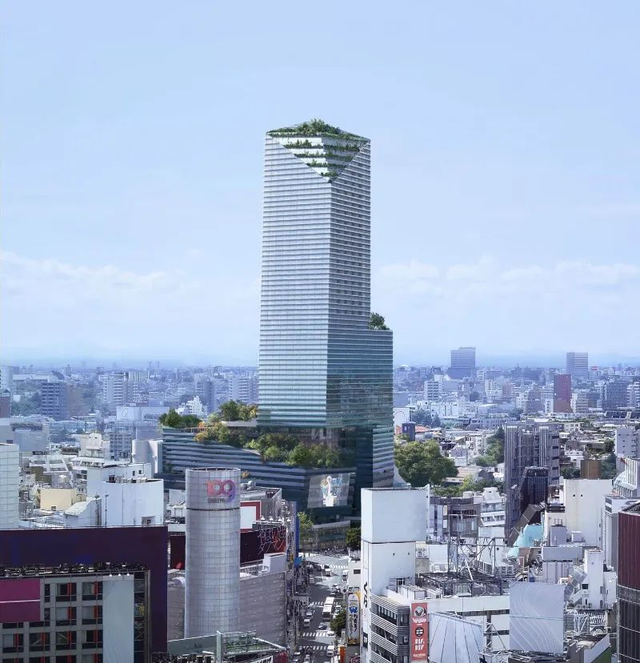

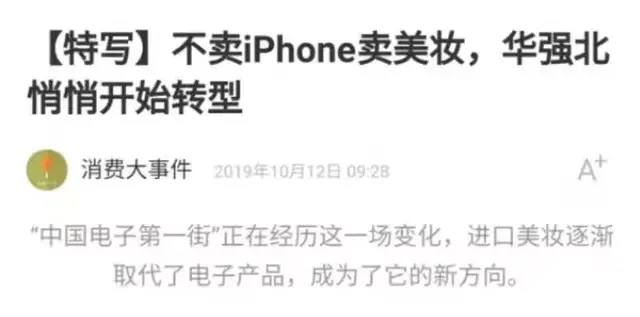



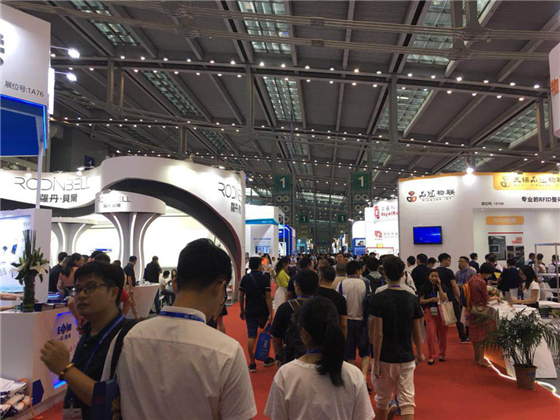
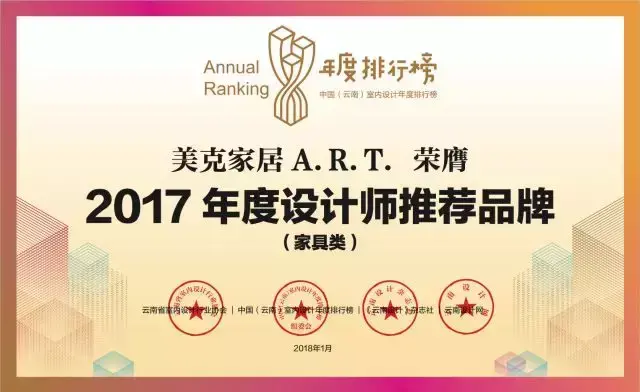
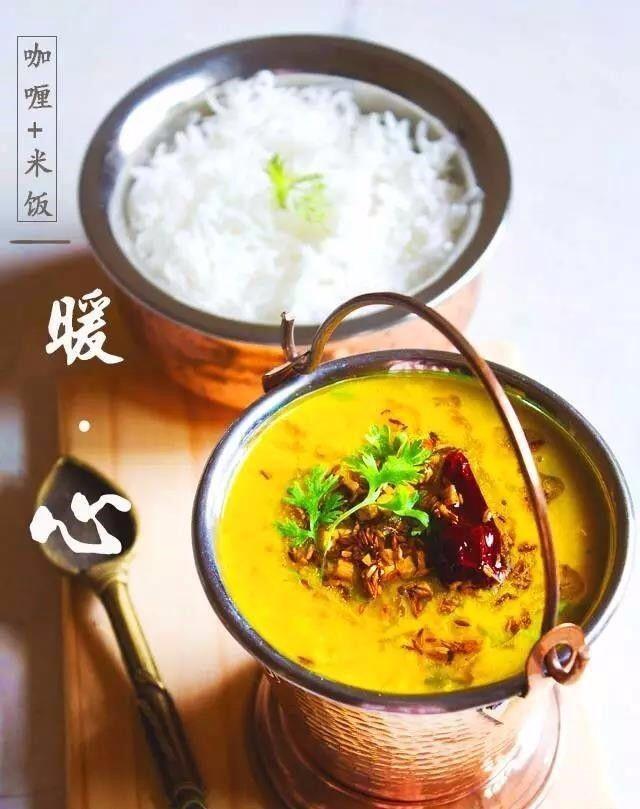










评论